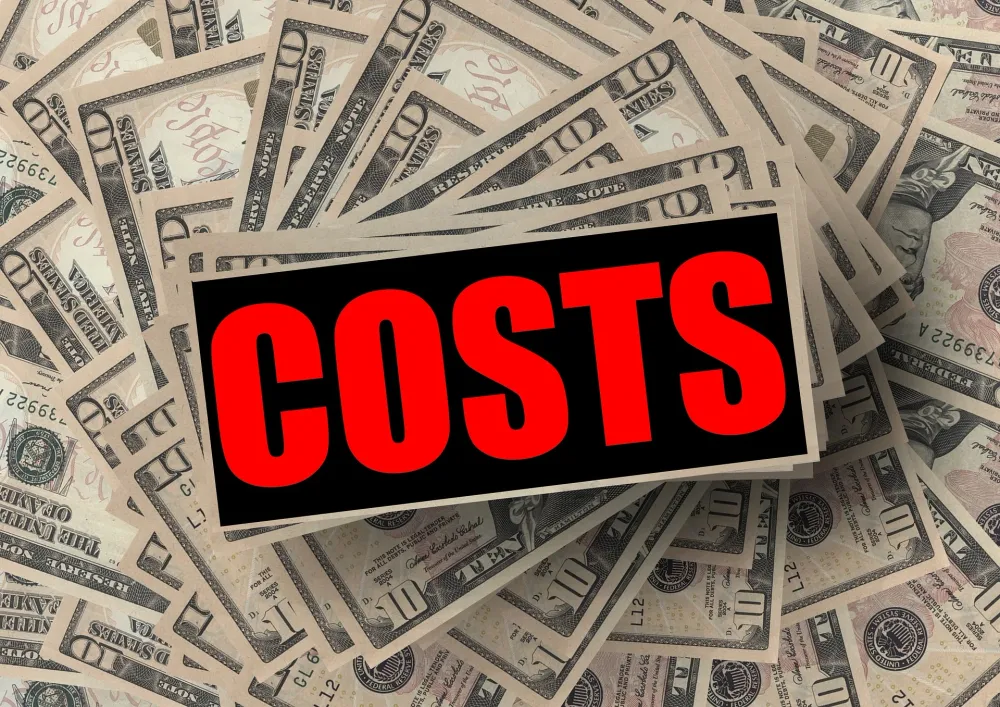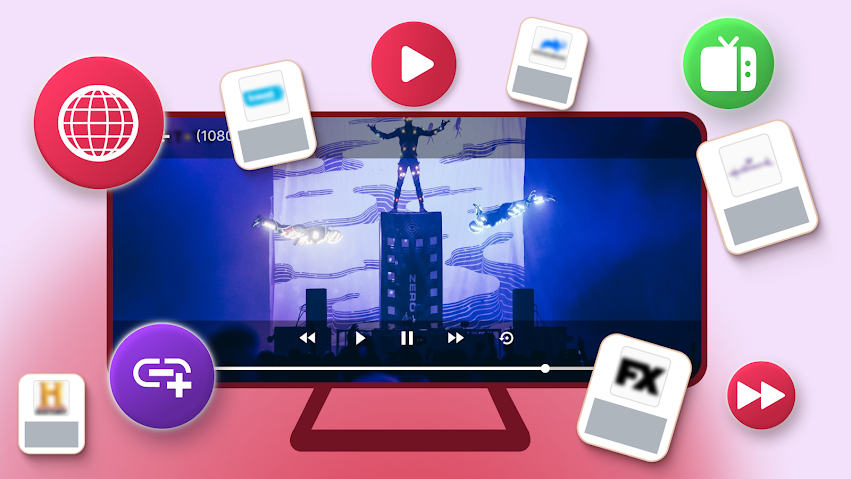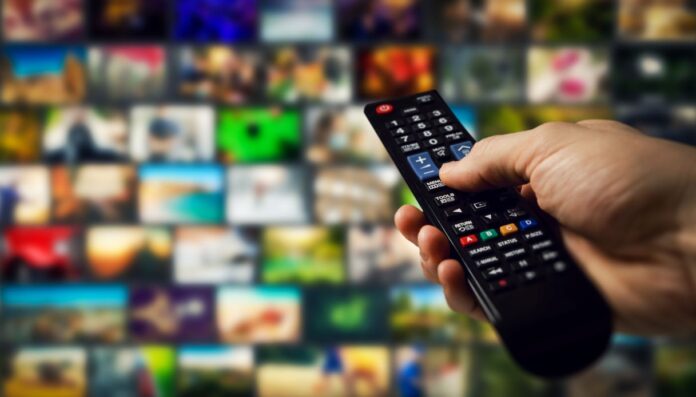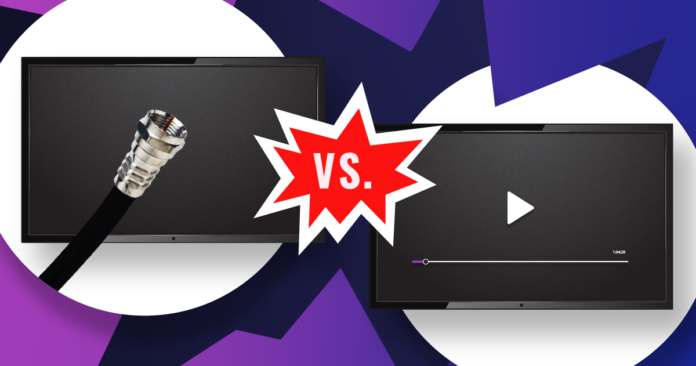As more households consider cutting the cord, the debate over whether internet TV is genuinely cheaper than traditional cable continues.
Internet TV promises cost savings, flexibility, and personalized content, but hidden fees and subscription overload can complicate the equation.
This article explores the financial realities of switching to internet-based television and helps you decide if it is the right move for your budget.
Comparing Base Costs

The first consideration when comparing internet TV and cable is the base subscription cost. Cable packages often bundle services like television, internet, and phone, which can inflate monthly bills.
Typical Cable Costs
Cable TV plans start around $70 per month for basic packages. Premium plans that include additional channels, sports, or entertainment options can exceed $150. On top of these costs, customers often face extra fees:
- Equipment Rentals: Set-top boxes or DVRs cost $5 to $15 per month per unit.
- Installation Fees: One-time charges range from $50 to $100 for setup.
- Regional Surcharges: Sports and broadcast fees add $10 to $30 monthly.
Typical IPTV Costs
IPTV services have more flexible pricing. Basic plans range from $10 to $20 per month, while premium services that include live TV or additional features may cost between $30 and $60. Users also benefit from:
- No Installation Fees: Streaming requires no professional setup.
- Device Compatibility: Services work on existing devices, avoiding equipment costs.
- Month-to-Month Flexibility: Cancel anytime without penalties or long-term contracts.
For most households, the base cost of internet TV is lower than cable. Also, it gives you more freedom and a better experience as you will really be able to watch what you want at any time. Just be sure to choose a well-known platform like NordicIPTV.
Additional Costs to Consider
While IPTV appears cheaper upfront, several additional costs may affect the total expense.
Internet Speed and Data Requirements
Streaming high-quality content requires a fast and reliable internet connection. For many users, this means upgrading their existing internet plan.
- Recommended Speeds: At least 15 Mbps for HD streaming; 25 Mbps or higher for 4K content.
- Data Usage: Streaming can consume significant bandwidth. A household streaming several hours daily may need an unlimited data plan, which can increase monthly internet costs.
Flexibility and Savings Opportunities

One of the most significant advantages of IPTV is its flexibility, which provides opportunities to save money compared to cable.
Pay for What You Watch
Unlike cable packages that include dozens of unwanted channels, IPTV allows users to customize their subscriptions. This a la carte approach ensures viewers only pay for content they actually use.
- No Forced Bundles: Avoid paying for sports or premium channels you do not watch.
- Seasonal Subscriptions: Cancel and re-subscribe to services based on your viewing habits.
This flexibility enables households to adjust their entertainment expenses as needed.
Shared Accounts and Profiles
Many streaming platforms support multiple user profiles and simultaneous streams under a single subscription. Sharing accounts with family or friends reduces individual costs while maintaining access to a variety of content.
Conclusion

Internet TV can be a cost-effective alternative to traditional cable, especially for households that prioritize flexibility, transparency, and customized content.
While hidden fees and rigid contracts make cable less appealing, factors like internet dependency and subscription overload can impact the cost savings of streaming.
By carefully managing subscriptions, upgrading internet as needed, and analyzing personal viewing habits, you can make the most of internet TV and enjoy an affordable, modern entertainment experience.




